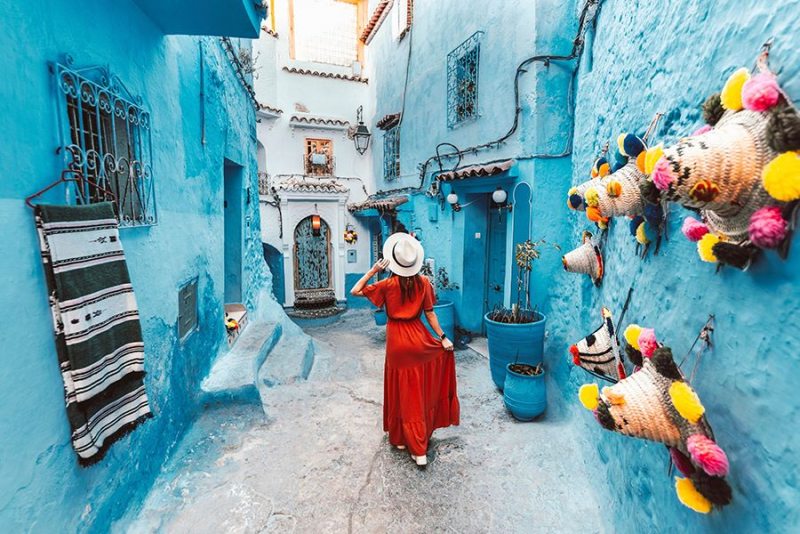Morocco’s selection as a co-host for the 2030 FIFA World Cup is expected to strengthen its international image, drive economic growth, and support key diplomatic goals.
The tournament will be shared with Spain and Portugal, marking the first World Cup to be held across two continents, Europe and Africa.
After five failed bids, Morocco now sees the World Cup as a platform to present itself as a modern, stable, and developing nation.
A report by Spain’s Elcano Royal Institute outlines how the country is using the event to build soft power and position itself as a rising player on the global stage.
The government has committed $5.1 billion to prepare for the tournament. Of this, $1.2 billion is earmarked for infrastructure projects across six host cities: Casablanca, Rabat, Tangier, Marrakech, Agadir, and Fez. The centerpiece is the planned Hassan II Grand Stadium in Casablanca, which will seat 115,000 spectators and could host the final.
Airport expansions are also underway in Casablanca, Agadir, Tangier, Fez, and Marrakech to meet the expected rise in air traffic. These improvements are expected to support long-term tourism and investment.
The World Cup aligns with Morocco’s broader foreign policy, which includes expanding ties beyond traditional Western allies.
The country is deepening relationships with China, Turkey, and Russia, while maintaining strong connections with the West. The tournament offers a chance to showcase its growing role in a changing global order.
Morocco also hopes to use the World Cup to reinforce its claim over Western Sahara. A stronger international profile may lead to more countries supporting its autonomy plan, as it continues to counter Algeria-backed efforts by the Polisario Front.
Morocco’s return to the African Union in 2017, after 32 years, has already boosted its influence across the continent. Its direct investments in Africa reached $38 billion by 2024, reflecting its commitment to economic expansion and regional leadership.
Public excitement is high after the national team’s success at the 2022 World Cup in Qatar, where Morocco became the first African and Arab team to reach the semifinals. The achievement sparked national pride and raised expectations for 2030.










